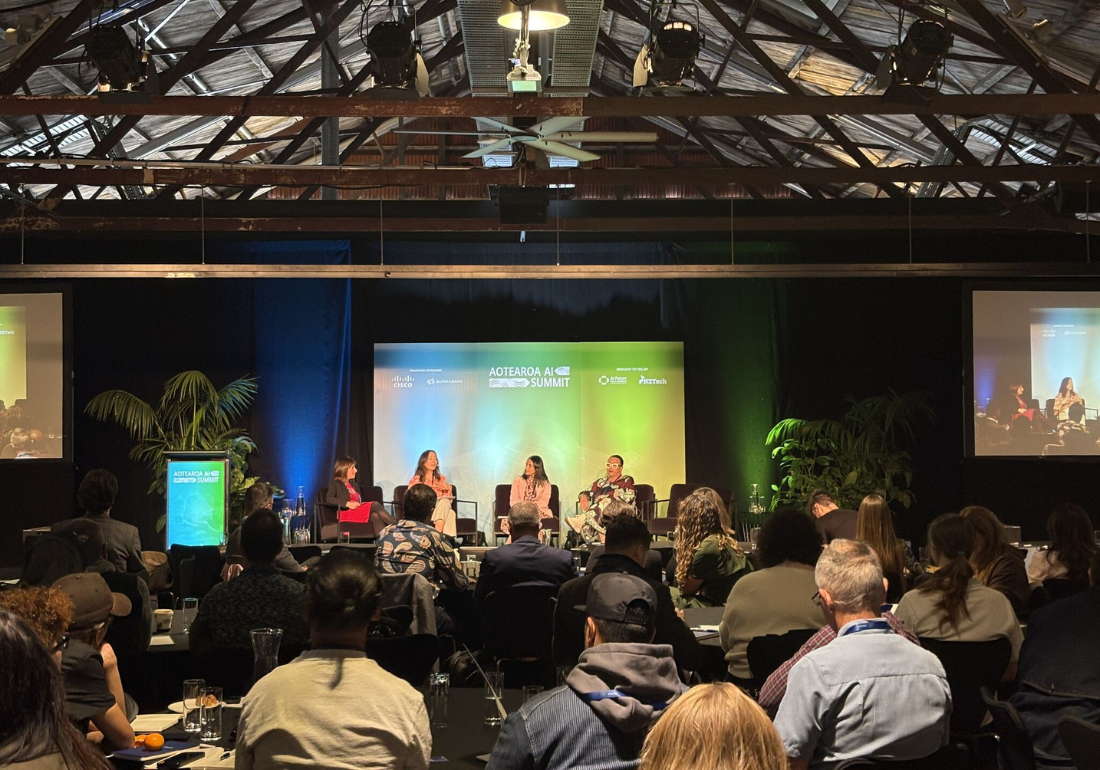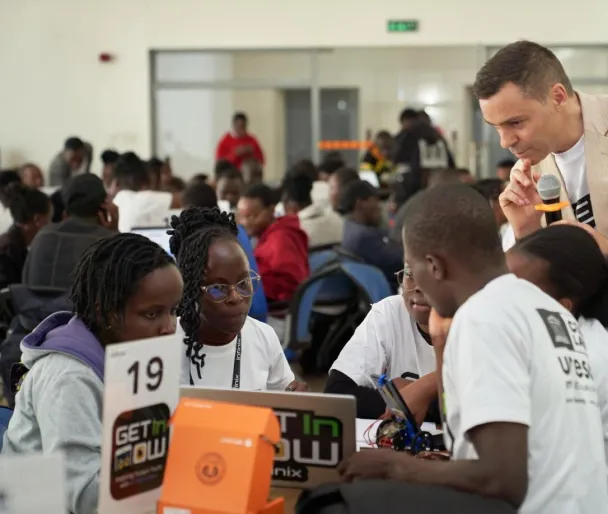The AI absorption gap

Aotearoa's Economic Future Needs More Than Just Tech Talk
New Zealand needs to embrace AI transformation with boldness, or risk becoming an "irrelevant retirement island at the bottom of the world."
At the recent Aotearoa AI summit, it was clear that New Zealand's main challenge with technological progress is getting organisations and people to actually use AI effectively. And this "absorption gap" might be the most critical economic challenge facing Aotearoa today.
The Productivity Crisis Hidden in Plain Sight
New Zealand's economic trajectory is troubling. Once a highly competitive economy, the country has steadily slipped in global productivity rankings over the past 30 years. Aotearoa currently ranks 63rd out of 67 countries in terms of productivity and efficiency. Signalling a shift from the innovative nation it once was. This decline represents diminished opportunities for every New Zealander and without action, this trend is expected to continue.
Beyond the Teenage Sex Analogy
The summit revealed a familiar pattern in AI adoption… Everyone talks about it, few actually do it well. Dubbed the "teenage sex analogy" by Dr. Williamson from Deloitte captures how organisations discuss AI transformation while struggling with basic implementation.
The data supports this observation. While 87% of New Zealand businesses report using basic AI tools like Copilot, only 48% have adopted business-specific solutions, and just 28% demonstrate advanced usage. This suggests most organisations remain in the experimentation phase rather than achieving meaningful productivity gains.
But even measuring Aotearoa's AI progress proves complicated. Adoption metrics vary wildly depending on what you measure. A hypothetical "tokens per capita" metric could reveal more about meaningful usage than simple tool adoption rates, though even this would capture output rather than outcome.
This measurement challenge itself illustrates the absorption gap. We're still figuring out what success looks like, let alone how to achieve it consistently.
The Enterprise Stranglehold
Perhaps the most revealing insight from the summit concerned the barriers facing larger organisations. While small and medium enterprises can adopt AI tools relatively quickly, enterprises face months of compliance and cybersecurity hurdles just to approve a software key. Ironically, it’s actually the organisations with the most resources to benefit from AI are often the least able to implement it.
The answer to this enterprise-level dysfunction isn't to abandon security protocols but bundle AI capabilities into existing approved products and partnerships.
The Value Capture Problem
New Zealand's weak competitive forces adds to the adoption challenge and the pressure to innovate remains limited. Why invest in productivity improvements when market dynamics allow comfortable margins regardless?
This creates a difficult to budge incentive structure where the cost of not adopting AI seems manageable. The risk lies in cumulative disadvantage where individual companies may maintain market share despite technological stagnation but the entire economy slides further behind more dynamic competitors.
The Possibilitarian Mindset
The summit introduced a crucial concept to being "possibilitarian". Cultivating an optimistic, open-minded outlook that focuses on finding creative solutions rather than dwelling on obstacles. This mindset becomes essential when considering AI's long-term implications.
Rather than succumbing to dystopian narratives about job displacement, New Zealand needs to embrace the reality that work is changing, not disappearing. The goal isn't to preserve existing jobs but to create more valuable ones. This requires moving beyond survival-focused "cost-down" thinking toward ambitious "topline growth" strategies.
That ambition needs to extend beyond office productivity. While much discussion centres on AI's impact on traditional knowledge work, the most transformative potential may lie in the sciences. Michael Whitbrock, Computer Science Professor at Auckland University has said that "we are about to get as good at biology as we are at electronics". Signalling a fundamental shift in fields that have historically progressed slowly, from health science to materials research.
This connects to the concept of 'AI takeoff'... As AI accelerates scientific discovery, it speeds up the development of the next generation of AI itself, creating exponential rather than linear progress. For a small nation like New Zealand, this presents both opportunity and urgency.
A National Imperative
New Zealand's geographic isolation historically created challenges for exporting physical goods. Knowledge work, however, faces no such tyranny of distance… Code ships as easily from Auckland as from Silicon Valley. This represents an unprecedented opportunity to compete globally on an even playing field.
But to regain economic leadership, New Zealand must move faster than the global average, not just match it. This requires fostering a genuinely “possibilitarian” national mindset.
The Choice Ahead
The summit's insights are clear around the fact that technological capability isn't the limiting factor in AI innovation. Human and organisational adaptation is. New Zealand faces a choice between gradual decline toward economic irrelevance or bold transformation toward renewed competitive advantage.
The path forward demands more than pilot programs. It requires the removal of adoption barriers, celebration of transformative implementations, and recognition that AI represents a fundamental shift in how value gets created.
AI will reshape the global economy and New Zealand can lead that transformation or become its casualty. Based on the summit's revelations, the window for that choice remains open, but it won't stay that way indefinitely.
I'm always keen to discuss how we become those leaders. If you're keen to chat, send me a message.








.png)